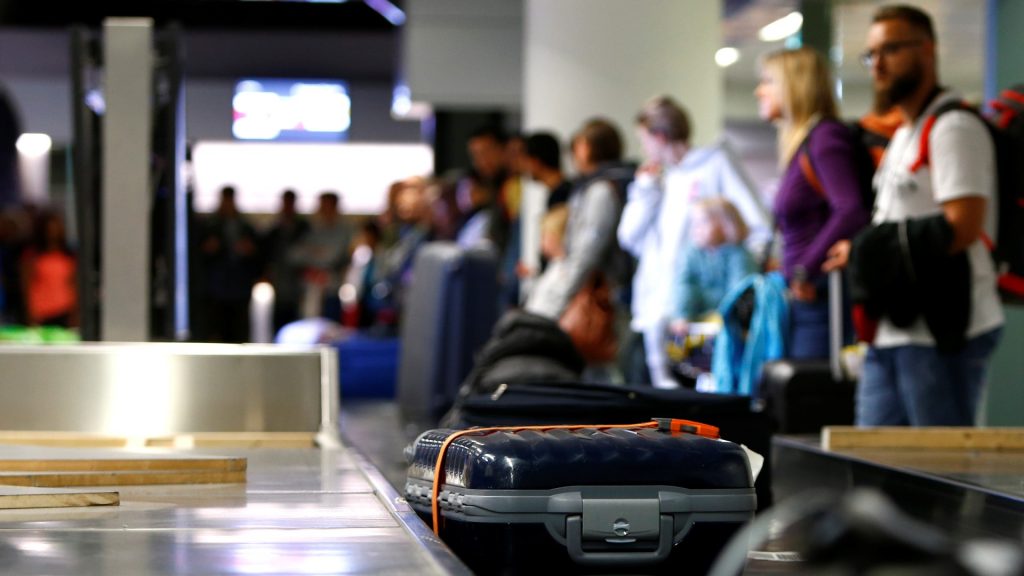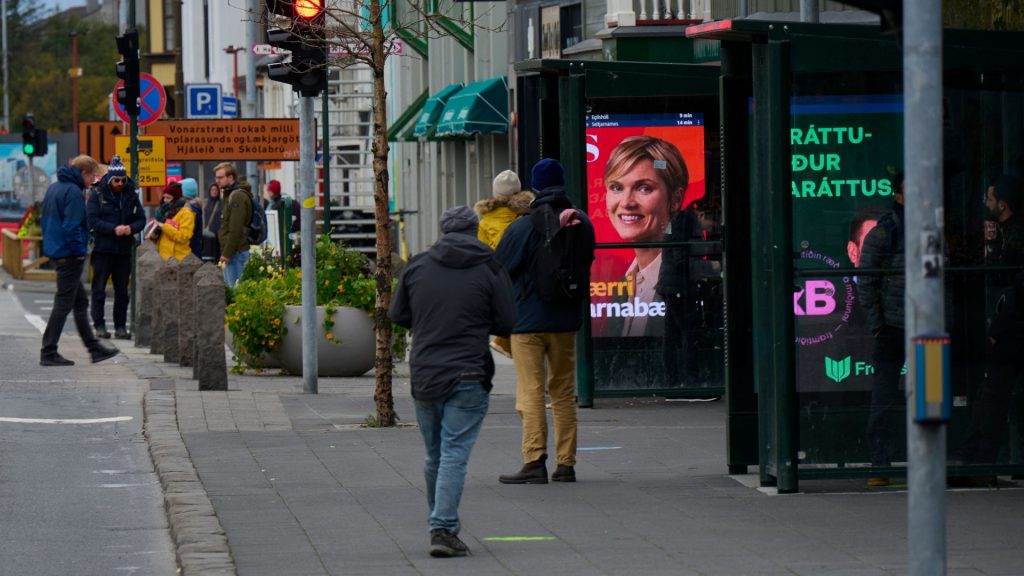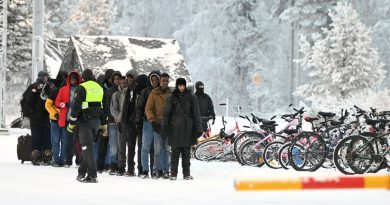Iceland to change COVID-19 border rules on October 1

With daily infection and hospitalizaiton rates going down across the country, Iceland is set to change COVID-19 rules at the border on October 1, no longer requiring individuals with ties to Iceland to supply proof of a negative COVID-19 test upon arrival.
The country defines travellers with ties to Iceland as:
-
- Icelandic citizens
- Individuals living in Iceland
- Individuals with an Icelandic work permit
- Individuals applying for a work permit or for international protection in Iceland
However, those travellers will still be required to undergo a COVID-19 test after arrival in the country.
Transit passengers who stay within the border zone at the airport ae also exempt from needing to show a negative test upon arrival.
Prudence after summer outbreaks
Iceland lifted all domestic COVID-19 restrictions in June but was quickly engulfed in its fourth wave due to the Delta variant .
It quickly reinstated a slew of restrictions at the border and domestically, including requiring testing for vaccinated travellers, group limits and one metre social distancing.
Iceland’s government has said previously it learned from its experience this summer and, on the advice of the country’s chief epidemiologist, would lift further restrictions slowly and gradually.
‘A small number of individuals … is enough to set off a widespread local epidemic’
The Reykjavik biopharmaceutical company deCODE genetics sequences every positive sample from Covid-19 tests in Iceland.
In a news release on September 29, the government said the information gleaned on the virus strain and origin spotlights how important border control measures are.
“[The chief epidemiologist] says that it’s clear that infections will continue to be carried into the country and that sequencing by deCODE Genetics shows that infections from a small number of individuals, both vaccinated and unvaccinated, is enough to set off a widespread local epidemic.
“In light of recent experience, [he] considers it advisable to minimize the spread of the virus with border restrictions, and says that effective border protection is a prerequisite for most of the restrictions within the country to be relaxed.”

The new rules in effect October 1 will be in place until November 6.
As of September 30, Iceland was reporting 108.3 domestic infections per 100,000 people, and 6.8 cases per 100,000 people at the border.
Write to Eilís Quinn at eilis.quinn(at)cbc.ca
Related stories from around the North:
Canada: Vaccination coverage in Nunavik, Quebec reaches 44 per cent of eligible population, Eye on the Arctic
Greenland: Greenland announces COVID-19 reopening plan, Eye on the Arctic
Iceland: Iceland to lift further COVID-19 restrictions September 15, Eye on the Arctic
United States: Alaska’s North Slope grapples with soaring COVID-19 infection rate, low vaccinations, Alaska Public Media



